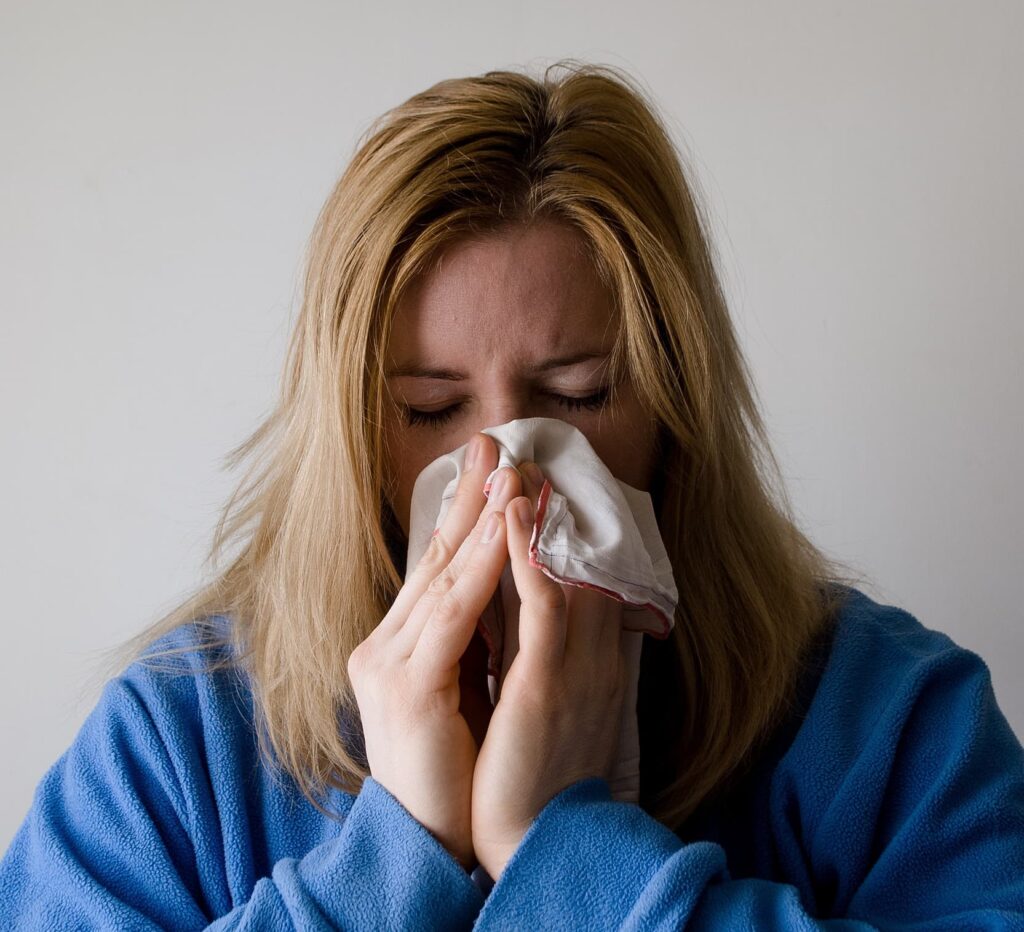Arizona is famous for its climate which is favorable to a year-round growing season and is great for always having fresh produce from local farmers. On the other hand, pollen, dust or mold can trigger allergic reactions, and Phoenix allergies are just as common as anywhere else in the country, despite the dry climate.
Allergy testing is widely used by physicians in the evaluation of allergies or diseases associated with allergies. There are a variety of allergy tests available like skin testing, blood test or patch test. A board-certified allergy specialist can help with the selection of the appropriate test, and its interpretation of it. Also, prescribing the proper treatment.
If your skin reacts to something and your dermatologist suspects you’re having an allergic reaction, they might use patch testing to find out the allergen or allergens that caused the reaction. Recent studies show that people can develop an allergic skin reaction to more than 15,000 substances.
But how does a patch test for allergies work? Below we provide all the information you need to know on the subject.
What is patch testing?
Simply put, a patch test is a skin test performed to find the cause of a possible allergic reaction on the skin, called contact dermatitis. This allergic reaction is either redness, itchiness of the skin or even a blistering area of the skin. Patch tests are different from a skin prick test, during which you can check for an immediate reaction, whereas patch testing checks for skin allergies that can develop in hours or even days.
Patch testing can also help determine the cause of cutaneous adverse drug reactions (CADR) as well as generalized eczema, systemic contact dermatitis, and maculopapular rash.
How is patch testing performed?
Patch testing involves applying small amounts of allergens to the skin, usually on the back for 48 hours. Each allergen is covered with a patch and since reactions typically take from 48-72 hours to develop, the tests are read after 72 hours. During the 48 hours, your skin might feel sore or itchy, and your doctor will advise you to keep the patches on the skin and don’t loosen them or get them wet, as it might affect the results. However, if the itching and burning become severe or very painful, contact your doctor as soon as possible. Patch test results should be correlated with the patient’s symptoms and exposure and if they reveal that you are allergic to one or more substances, your physician will create a treatment plan and might also need to treat the part of the skin affected.
Job-related allergies are very common as many people develop an allergy to a substance they work with- expanded patch testing can help in this case as it finds about 80% of allergens.
Common allergens
Common allergens acquired through contact include vehicles and preservatives in cosmetics, fragrances, plants, metals like nickel, or hair dyes and these substances are tested and applied to almost every patient.
The concentration for each substance has been predetermined to induce an allergic reaction in susceptible skin without irritating the other areas of the skin.
Adverse reactions
It is rare for patch tests to cause a severe, immediate allergic reaction, however, it is important to have it performed by your doctor in a facility.
The most common side effect is itchy, red or slightly swollen skin which can develop during the test or hours after and can be visible for a couple of days. Other reactions include post-inflammatory pigmentation, hypoallergenic tape reactions, and an “angry back” reaction that happens if the dermatitis is very active at the time of patch testing, and can cause multiple positive results.
Conclusion
Allergy patch testing is a common method to determine the cause of an allergic skin reaction. Our team is formed by board-certified allergy specialists who can help you with testing, medication and tailor-made treatment to help you with your allergies.
Contact us today for more information!



